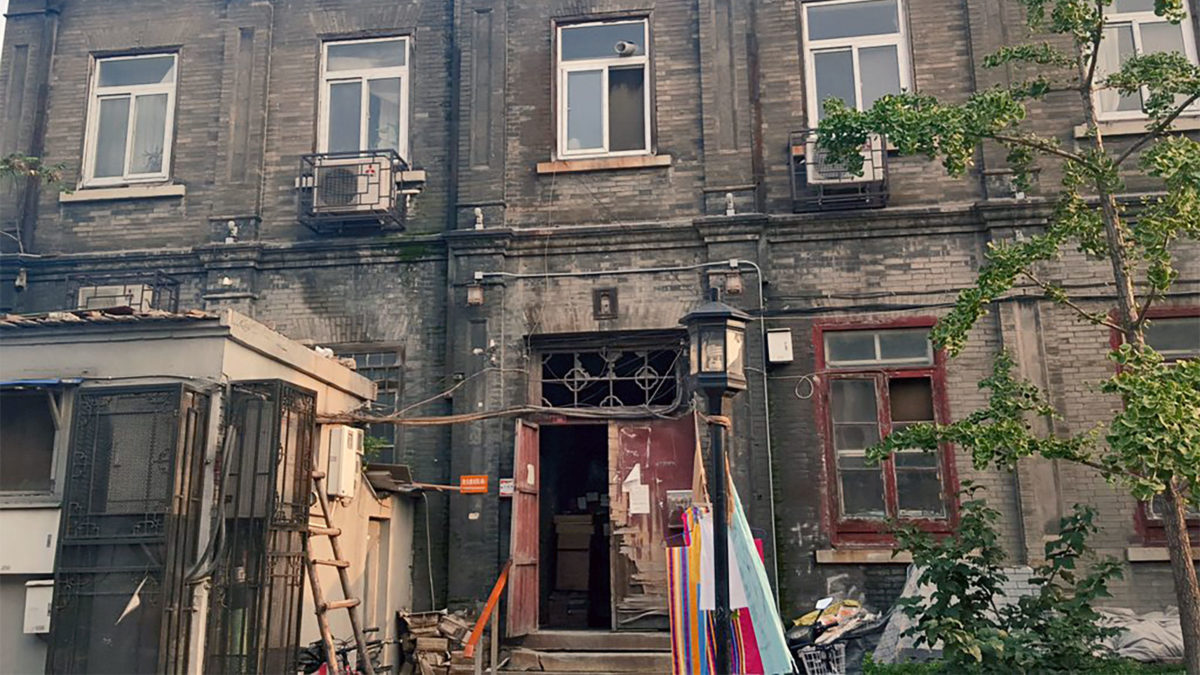… as Beijing to get own stock exchange, again
China is to get its third stock exchange, in Beijing, to augment the main Shanghai exchange and the smaller, tech orientated, Shenzhen exchange.
The new Beijing exchange was announced by Xi Jinping, the president, in a surprise statement on September 2, with scant details provided about the plans for its operation.
According to Wenchang Ma, Hong Kong-based China equities specialist and portfolio manager for Ninety One, the new Beijing exchange is planned to target small-to-medium-sized companies. She was speaking after addressing the annual JANA conference on the China A-shares opportunities last week (September 16, see separate report this edition)
It is expected to offer an alternative for some companies that were currently traded on the National Equities Exchange and Quotations (NEEQ) market (nick-named the ‘New Third Board’), she said.
The NEEQ market is an OTC market, which has a higher threshold for investor eligibility and lower liquidity than the main Shanghai and Shenzhen markets.
“The new Beijing exchange is considered a step forward to reform the NEEQ and provides more liquidity for companies that belong to the innovative layer on the NEEQ market,” according to Wenchang.
“It should help facilitate the financing needs of these small-to-medium-sized companies. It should help broaden the domestic stock market mainly from the smaller-company end,” Wenchang said.
While Shanghai has China’s first stock exchange, from 1891, Beijing had its second, opened in 1918 as the first world war drew to a close. China supported the Allies in that war, sending about 150,000 unarmed workers to help the French and British manual efforts in their trench warfare. Many died under fire, including accidental fire, and many more from disease. Some survivors, with no families at home, built new lives in France after the war.
Another war brought an end to the first iteration of the Beijing exchange, in 1937, when the Japanese invaded the country, killing hundreds of thousands of civilians in the process, and disrupted the civil war between the Communists and the Nationalists.
The exchange re-opened for about a year in 1949, after an end to the civil war, but closed shortly after when the victorious Communist Party banned profit-making companies.
According to the authoritative, HSBC-supported, ‘Week in China’ newsletter, “helped by backing from the heart of the Chinese government… the talk is that the new bourse is going to be a gamechanger for China’s financial markets in general”.
‘Week in China’ says: “Chinese investors have been buzzing about a new stock exchange in the capital. It looks likely to enjoy better fortunes than its predecessor.”
The original home for the exchange (pictured above) is currently the home for poorer local citizens in a non-descript part of old Beijing.











